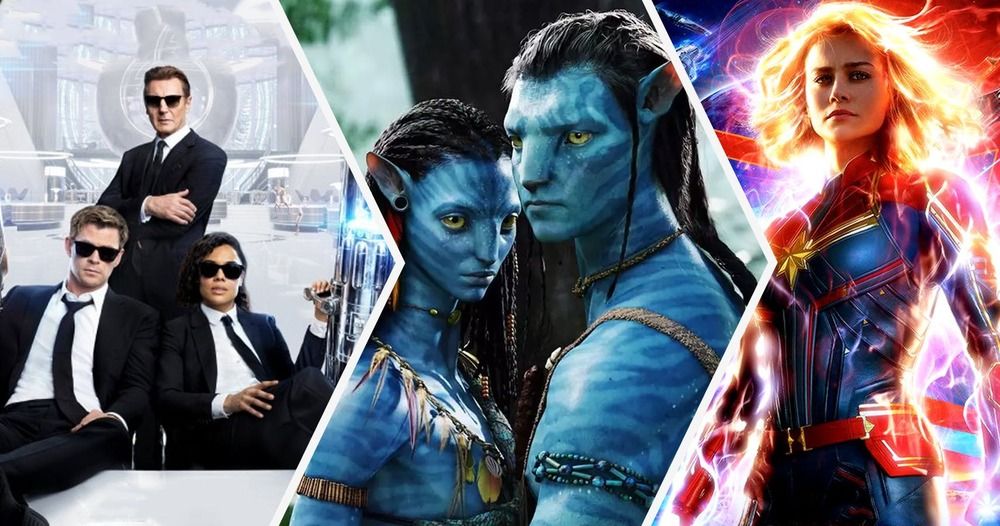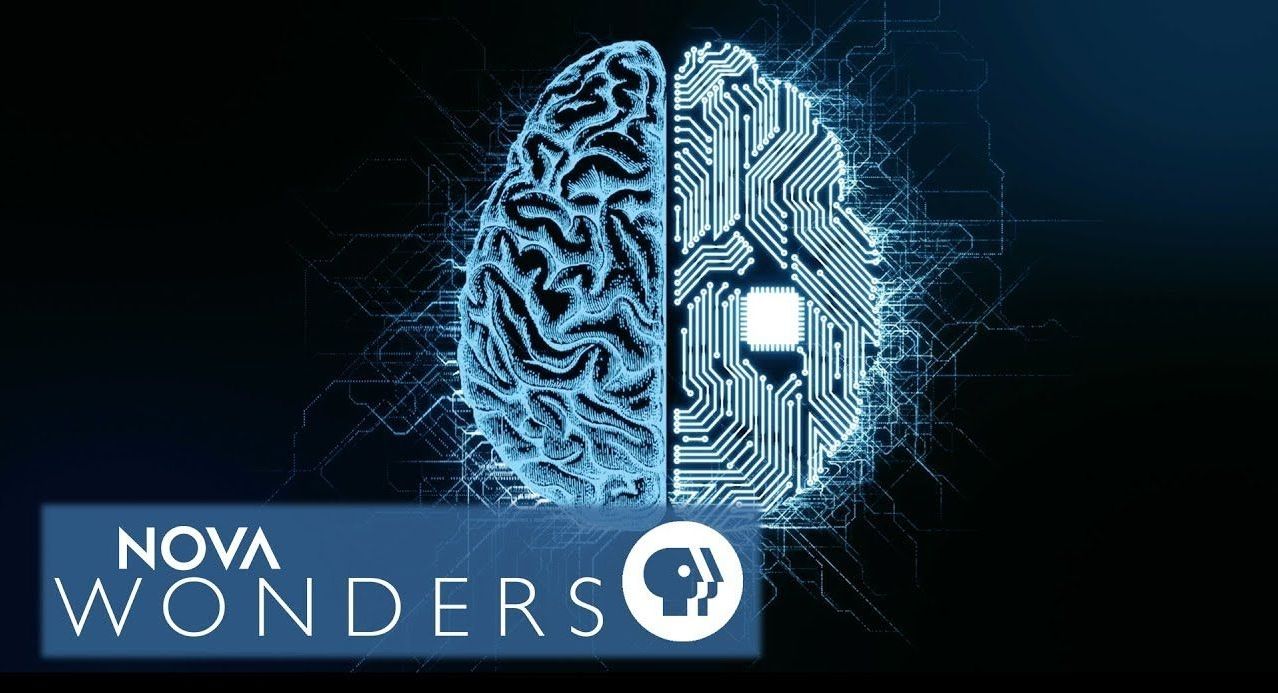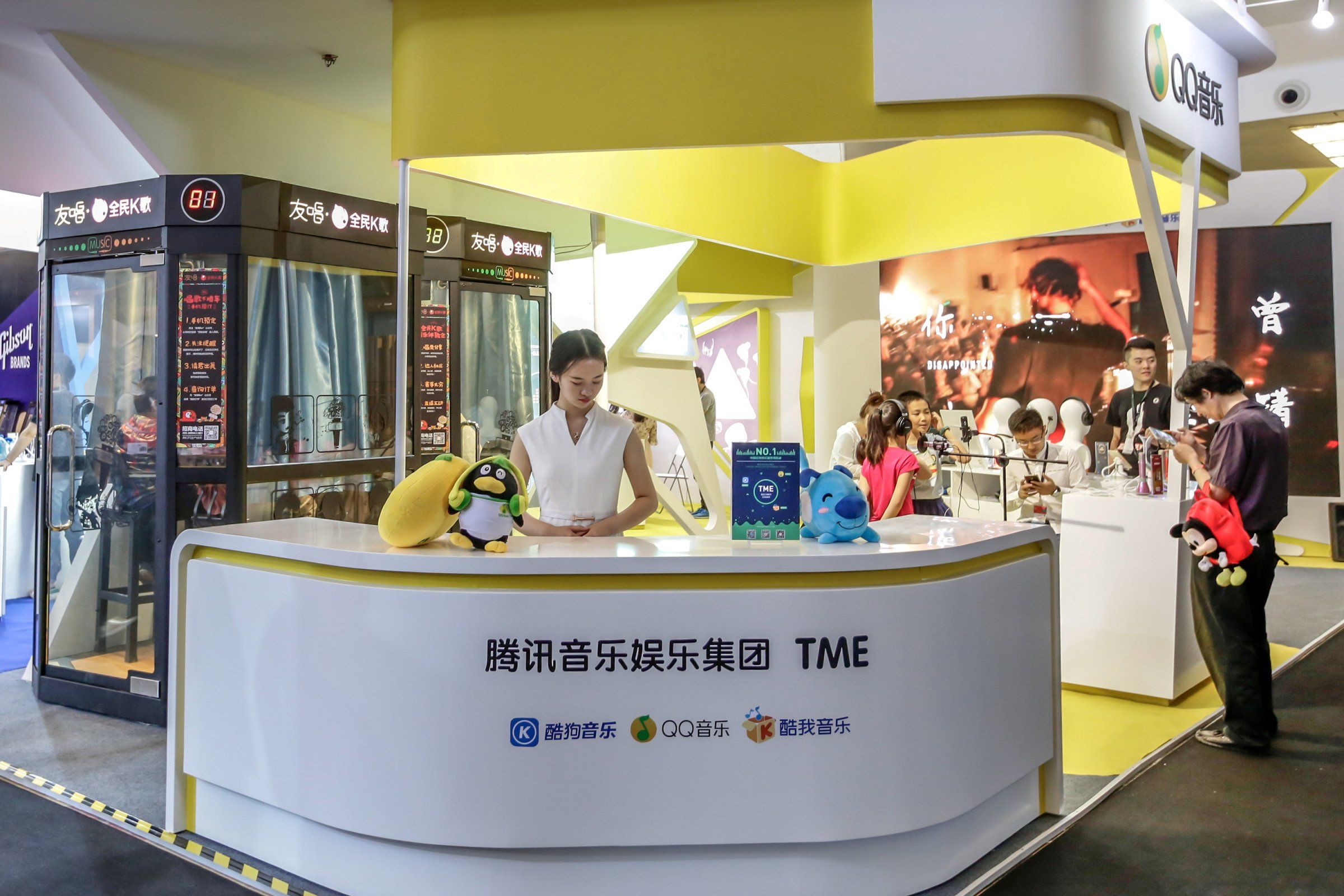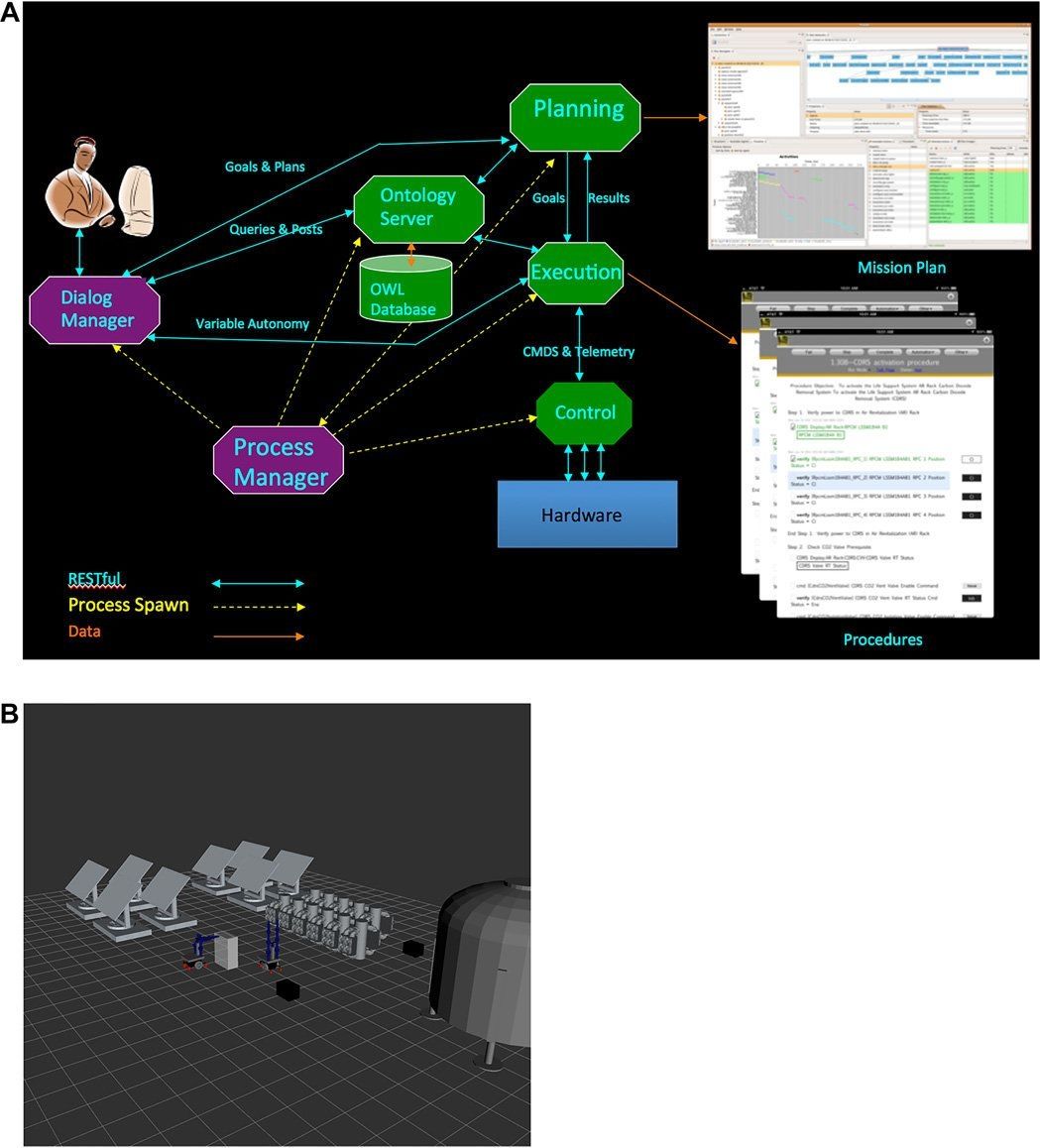A team of engineers at TRACLabs Inc. in the U.S. is making inroads toward the creation of a planetary base station monitoring system similar in some respects to Hal 9000—the infamous AI system in the movie 2001: A Space Odyssey. In this case, it is called cognitive architecture for space agents (CASE) and is outlined in a Focus piece by Pete Bonasso, the primary engineer working on the project, in the journal Science Robotics.
Bonasso explains that he has had an interest in creating a real Hal 9000 ever since watching the movie as a college student—minus the human killing, of course. His system is designed to run a base situated on another planet, such as Mars. It is meant to take care of the more mundane, but critical tasks involved with maintaining a habitable planetary base, such as maintaining oxygen levels and taking care of waste. He notes that such a system needs to know what to do and how to do it, carrying out activities using such hardware as robot arms. To that end, CASE has been designed as a three-layered system. The first is in charge of controlling hardware, such as power systems, life-support, etc.
The second layer is more brainy—it is in charge of running the software that controls the hardware. The third layer is even smarter, responsible for coming up with solutions to problems as they arise—if damage occurs to a module, for example, it must be sealed off from others modules as quickly as possible. The system also has what Bonasso describes as an ontological system—its job is to be self-aware so that the system can make judgment calls when comparing data from sensors with what it has learned in the past and with information received from human occupants. To that end, the system will be expected to interact with those humans in ways similar to those portrayed in the movie.
Read more









